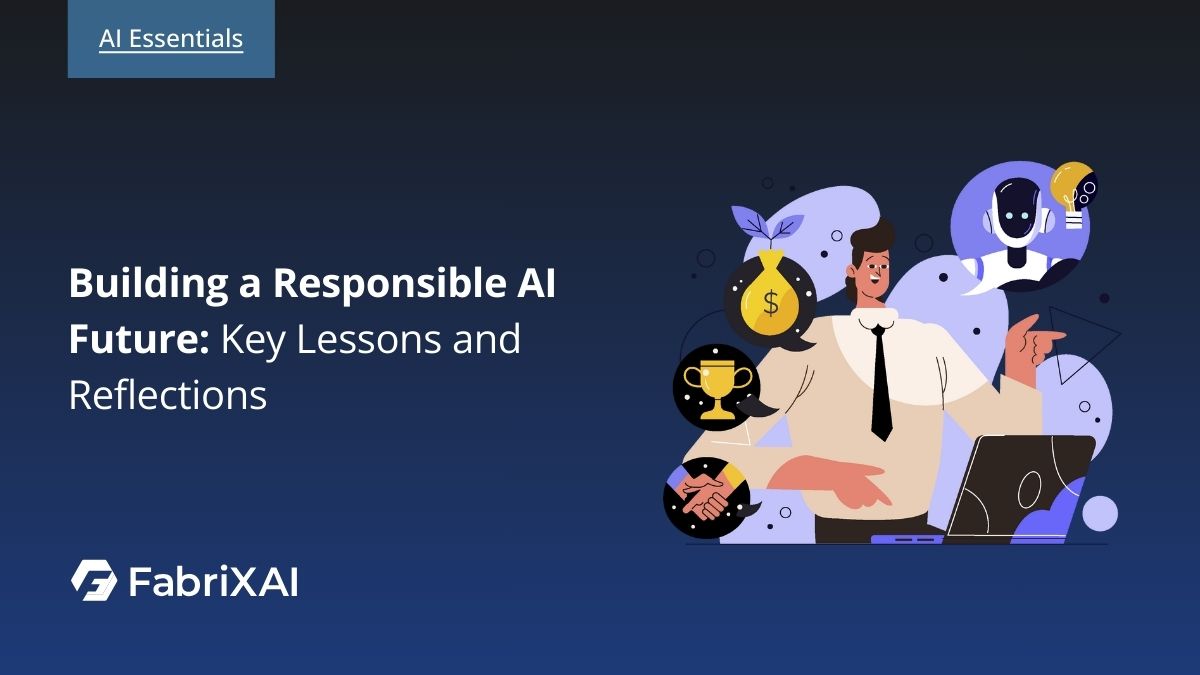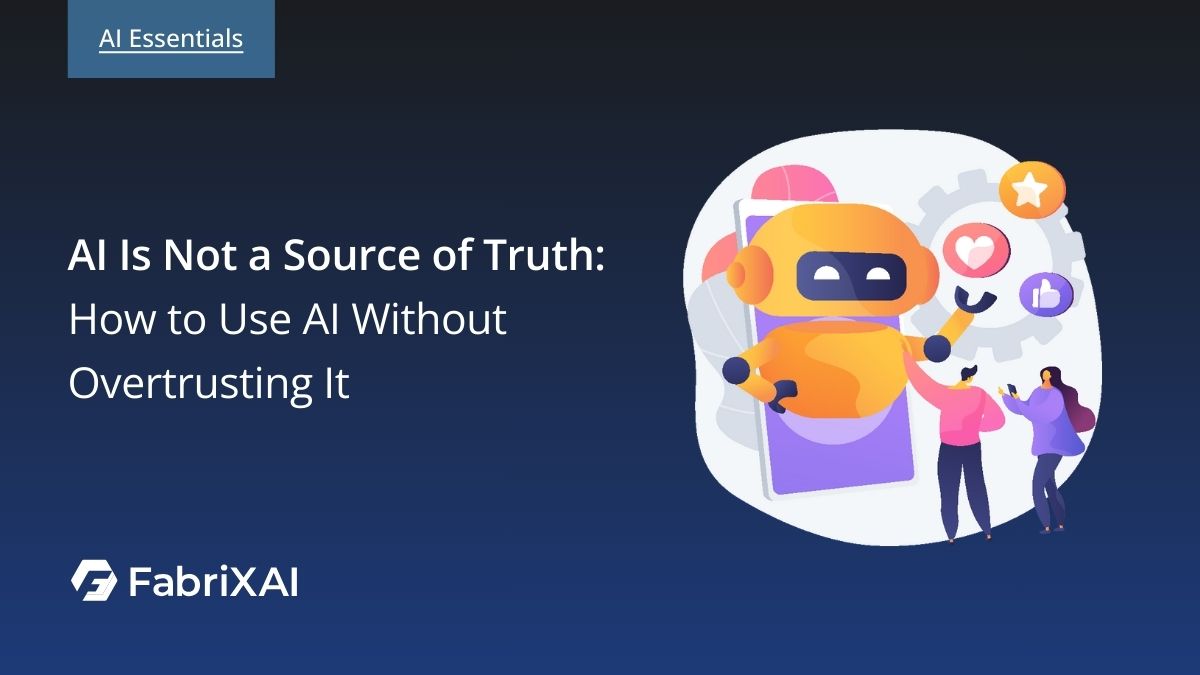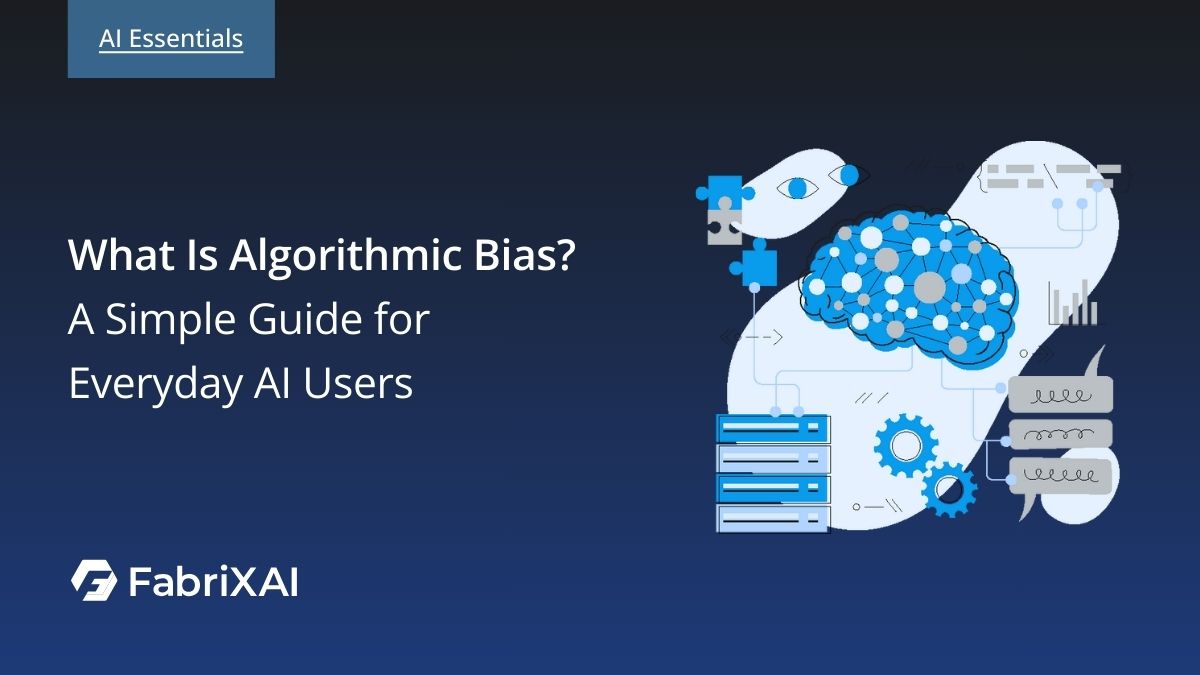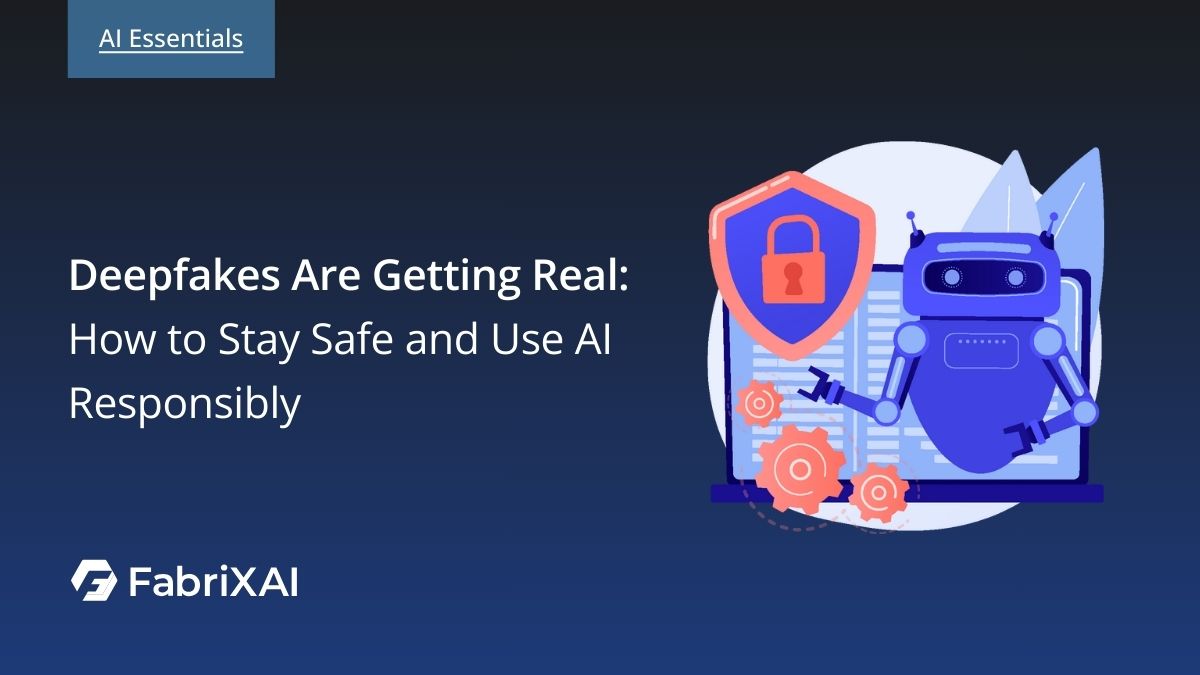Building a Responsible AI Future: Key Lessons and Reflections

A central theme has emerged throughout this exploration: ethical challenges are ubiquitous across industries, and no sector is exempt from moral complexities. Technology companies must address issues of data privacy, healthcare organizations confront decisions that can affect life and death, and financial institutions face conflicts of interest. While each sector experiences unique circumstances and pressures, there are clear commonalities that connect these dilemmas. Across all domains, integrity, transparency, and accountability stand out as universal principles that should guide the responsible development and use of AI.
Ethical Challenges Across Industries
Although ethical challenges take different forms across industries, the fundamental principles underlying them remain consistent. Honesty and fairness, for example, are as essential in advertising and technology as they are in healthcare or finance. At the same time, sector-specific pressures influence how these dilemmas arise. In highly competitive markets, organizations may be tempted to take shortcuts, while in other areas long-standing practices may come into conflict with modern ethical expectations. Even industries that are traditionally regarded as highly ethical are not immune to lapses, underscoring the need for continuous vigilance. Every sector must confront its own risks, and none can assume it is exempt from ethical responsibilities.
The Role of Culture and Leadership
Another key lesson is the critical role of leadership and organizational culture in addressing ethical dilemmas. Ethical conduct is not solely the responsibility of individuals but is strongly influenced by the values promoted at the leadership level and embedded within the organization’s culture. Leaders who consistently prioritize ethics in their decisions, policies, and personal example help establish environments where integrity is expected and supported. Conversely, cultures that focus exclusively on results, regardless of the methods used, or that encourage silence in the face of concerns, can create conditions in which unethical practices take root and spread.
Research demonstrates that cultivating a strong ethical culture delivers tangible benefits. A global benchmark study found that companies with the most robust ethical cultures outperformed those with weaker ones by 50% on key performance indicators and were more than twice as likely to adapt successfully to new challenges. Another analysis revealed that organizations recognized for ethical excellence achieved a measurable “ethics premium,” outperforming their peers financially by 12.3% over a five-year period. These findings highlight an important lesson: fostering integrity and trust within an organization is not only the right course of action but also provides a significant competitive advantage.
Moreover, a healthy ethical culture encourages open dialogue and speaking up about concerns. When employees feel safe to voice doubts or report misconduct without fear, issues can be addressed before they escalate. Unfortunately, surveys indicate a gap between intention and reality in this area. In one study, 93% of employees said they would report wrongdoing if they saw it, yet only about 50% actually did when faced with misconduct. The top reasons for staying silent included fear of retaliation and skepticism that any corrective action would occur. This highlights that leadership must actively work to eliminate such fears by protecting whistleblowers and demonstrating that raising ethical concerns leads to genuine responses. Building psychological safety is essential so that ethics aren’t just espoused values but lived practices at every level of the organization.
Ethics Beyond Compliance
A key insight is that true business ethics goes beyond mere compliance with laws or regulations. Following the rules is necessary, but it is often just the starting point. Ethical reflection asks, “Is this right?” rather than only “Is this legal?”. Many dilemmas emerge in gray areas where the law is silent or lagging. In these situations, organizations must rely on principles and foresight to guide their actions. For example, an AI platform might technically meet current data protection laws yet still pose privacy or bias risks that regulations have not caught up to. An ethical company would acknowledge those issues and address them proactively, rather than waiting for external rules or public outcry.
Stakeholder Expectations and Societal Impact
This exploration has also emphasized that ethical responsibilities extend to a wide range of stakeholders. In the digital age, with instant information and widespread use of social media, public scrutiny of corporate behavior is higher than ever. Stakeholders increasingly expect businesses to act with integrity and are quick to criticize or withdraw support from those that fail to meet ethical standards. Surveys indicate that a large majority of consumers are willing to boycott brands over unethical conduct, with one international study reporting that over 70% of consumers would avoid buying from a company whose actions they deem objectionable. Employees likewise seek workplaces that align with their personal values and are more likely to leave organizations that engage in misconduct.
This shift in expectations means that ethical considerations are now tied directly to reputation and even survival. A single scandal can damage a company’s credibility overnight, while a consistent record of ethical conduct builds durable trust. Whether it involves ensuring fair labor practices, protecting customer data, or reducing environmental harm, ethical decision-making has far-reaching consequences beyond the balance sheet. Companies that genuinely commit to doing right by stakeholders often find it strengthens their brand and loyalty in the long run.
Ongoing Dilemmas and Future Challenges
As we conclude, it is important to acknowledge that the work of ethics is never truly finished. New technologies, markets, and societal shifts will continue to generate new ethical dilemmas. For example, businesses now face conundrums such as how to use emerging technologies like generative AI responsibly, without displacing jobs or spreading misinformation, and how to pursue growth while still reducing carbon emissions in the face of climate change. These difficult questions did not exist a generation ago, but they are increasingly central today. The rapid pace of change in the modern world means that ethical frameworks must be continuously updated and debated.
One key lesson is that preparing for future dilemmas requires cultivating a mindset of continuous reflection and improvement. Organizations can no longer afford to adopt a reactive stance and wait until a crisis triggers an ethical reckoning. Instead, they should engage proactively in scenario planning and ethical risk assessments, identifying potential gray areas before they escalate into public controversies and determining principled courses of action in advance. This proactive mindset should be supported by a culture that encourages questioning and continuous learning. When mistakes occur, ethically responsible organizations respond by conducting thorough reviews and lessons-learned analyzes, using the findings to strengthen policies and training in order to prevent similar issues from arising in the future.
We also saw that ethical leadership includes asking tough questions. Leaders and professionals at all levels should continually challenge themselves with questions like: “Are we living up to our stated values even when it costs us?” “What message do our actions send to our employees and customers?” “Would we be comfortable if our decision was made public?” By incorporating such reflective questions into regular decision-making, individuals and organizations keep their moral bearings sharp.
Summary of Key Lessons
In summary, our journey through various ethical dilemmas yields several overarching lessons:
- Ethical dilemmas are unavoidable but navigable: Every industry faces moral challenges. Rather than seeing them as anomalies, organizations should expect them and prepare to address them through clear values and policies.
- Core values transcend context: Honesty, fairness, respect, and responsibility are fundamental principles that apply in any sector. While each industry may have specific codes or standards, these core values remain the bedrock of ethical conduct.
- Leadership and culture set the tone: Ethical leadership is essential for fostering a culture where doing the right thing is the norm. Companies with strong ethical cultures tend to enjoy higher trust, better employee engagement, and even superior performance. Building such a culture requires consistent commitment, not one-off statements.
- Transparency and accountability build trust: When organizations handle dilemmas openly by admitting mistakes, enforcing accountability, and communicating transparently, they build credibility. Trust from consumers, employees, and other stakeholders is a critical asset, one that is earned through ethical actions over time.
- Proactive ethics and continuous learning: Ethical decision-making should be forward-looking. By proactively considering the ethical implications of new ventures or technologies (rather than reacting after a scandal), businesses can innovate responsibly. Continuous learning and adaptation in ethics programs help organizations stay ahead of emerging issues and maintain high standards.
Together, these lessons remind us that ethics is a journey, not a destination. It requires ongoing reflection, courage to do what is right even when difficult, and a willingness to learn from mistakes. By applying these insights across industries and in our daily professional lives, we can better navigate the gray areas and contribute to a more trustworthy, principled way of doing business.
Frequently Asked Questions
Q1. What is the main lesson from AI ethics?
AI ethics goes beyond compliance—organizations must embed fairness, transparency, and accountability to build trustworthy systems.
Q2. Why is culture important for ethical AI?
A strong ethical culture ensures employees speak up, leaders set the tone, and decisions reflect values beyond profit.
Q3. How does ethical leadership impact AI?
Leaders who prioritize ethics create organizations that innovate responsibly, earning public trust and long-term success.
Q4. What role does transparency play in building trust?
Transparency ensures accountability and credibility, showing stakeholders that ethical principles are actively applied in decision-making.
Q5. Is ethics in AI ever “finished”?
No. New technologies and challenges mean ethics is a continuous process requiring reflection, adaptation, and improvement.



